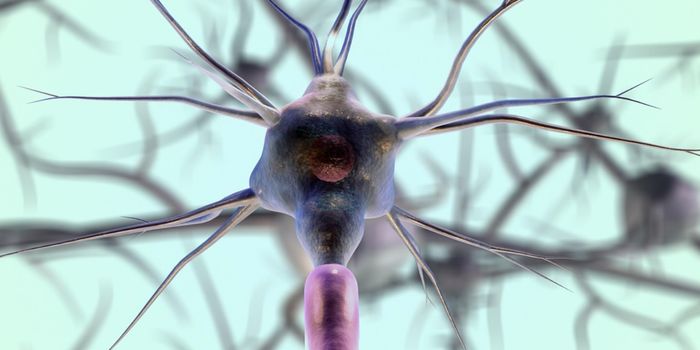How Bacteriophages can Boost Microbial Evolution
Bacterial cells can easily share genes with one another, and have a few ways to do so. Viruses called bacteriophages infect bacterial cells, and they can also transfer genes between bacterial cells in a process known as transduction. Often, the genes that are being shared confer resistance to a drug, and once a bacterial cell gains the ability, antibiotic resistance can easily spread through populations of microbial cells. Now scientists have discovered another mechanism that bacteria use to share genes, and it can help microbes evolve even faster than we knew. The findings have been reported in Cell.
There are three types of transduction that we now know about: generalized, specialized, and lateral. The newly revealed mechanism is called lateral cotransduction. It is about as rapid as lateral transduction, which itself is far faster than generalized transduction. However, the study indicated that lateral cotransduction is more complex and versatile than the other modes of transduction. Lateral transduction happens when phages that have integrated into bacterial genomes are reactivated, and trigger reproduction in the lytic cycle; but lateral cotransduction can while new bacterial cells are being infected, and during the reactivation process.
Staphylococcus aureus pathogenicity islands (SaPIs) are essential to this mechanism. SaPIs are often found within the genomes of S. aureus strains, and they can use phages.
Some phages might move bacterial genes from their host while sacrificing their own genes, while SaPIs can remain intact while taking bacterial DNA along with them during lateral cotransduction. As such, they are able to repeat this process over and over, which could eventually make them even more efficient than bacterial gene transfer.
"Through the study, we have demonstrated that bacteria can evolve much faster than we understood," noted study leader Assistant Professor John Chen of the National University of Singapore (NUS).
As antibiotic resistance continues to be a growing health problem, bacteriophages are being investigated as potential alternatives to antibiotics, because they can infect and destroy bacteria. Some have already been used in very small clinical research studies. This work has shown, however, that it will be important to ensure that these therapeutic bacteriophages don't become problematic gene movers.
While phages may be beneficial in the short term by killing bacteria, they could be deleterious over time by moving harmful genes to other cells, which may prove to be disastrous. Therapeutic phages will have to be carefully vetted before they are used in the clinical setting, Chen added.
Sources: National University of Singapore, Cell









